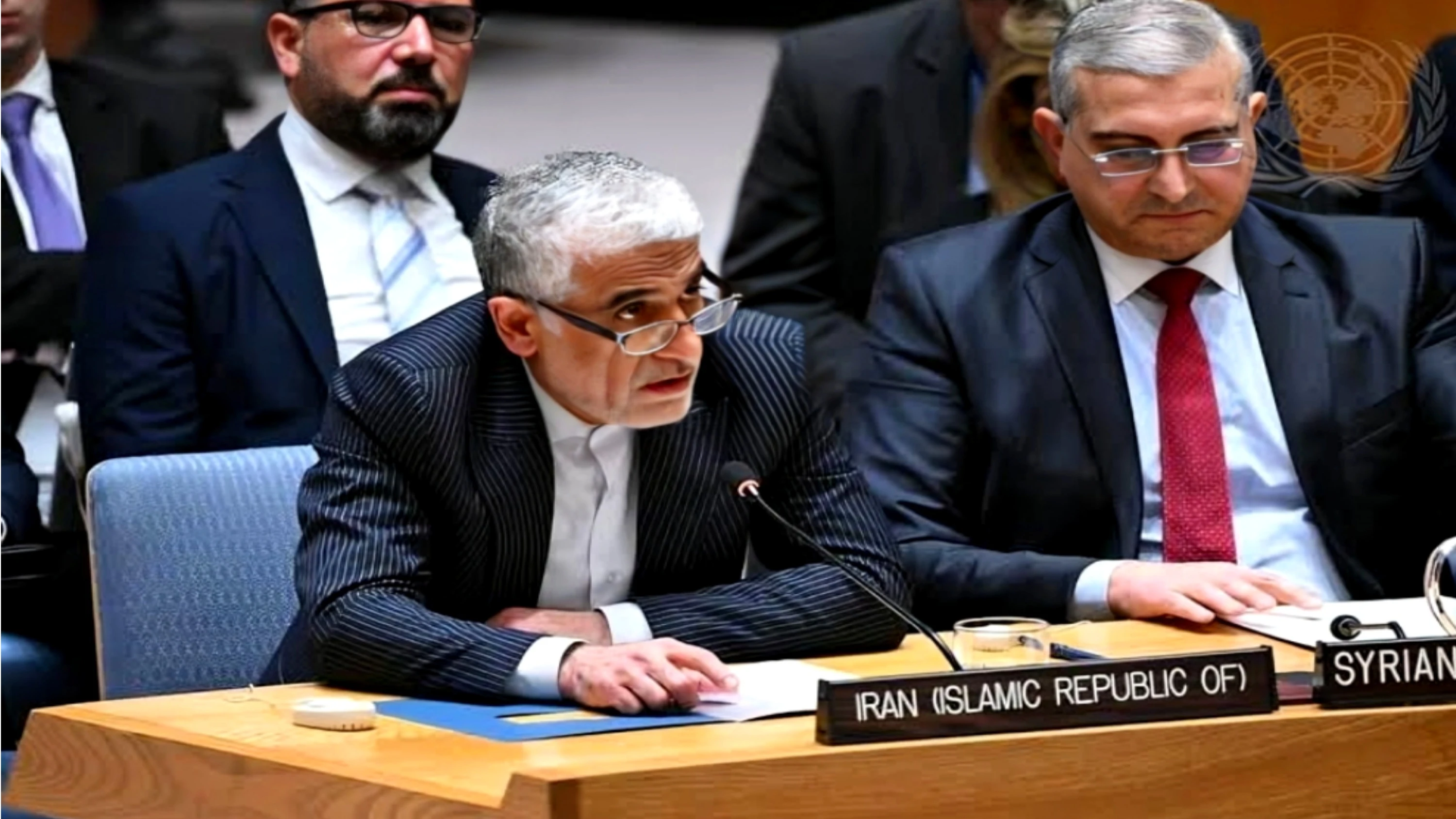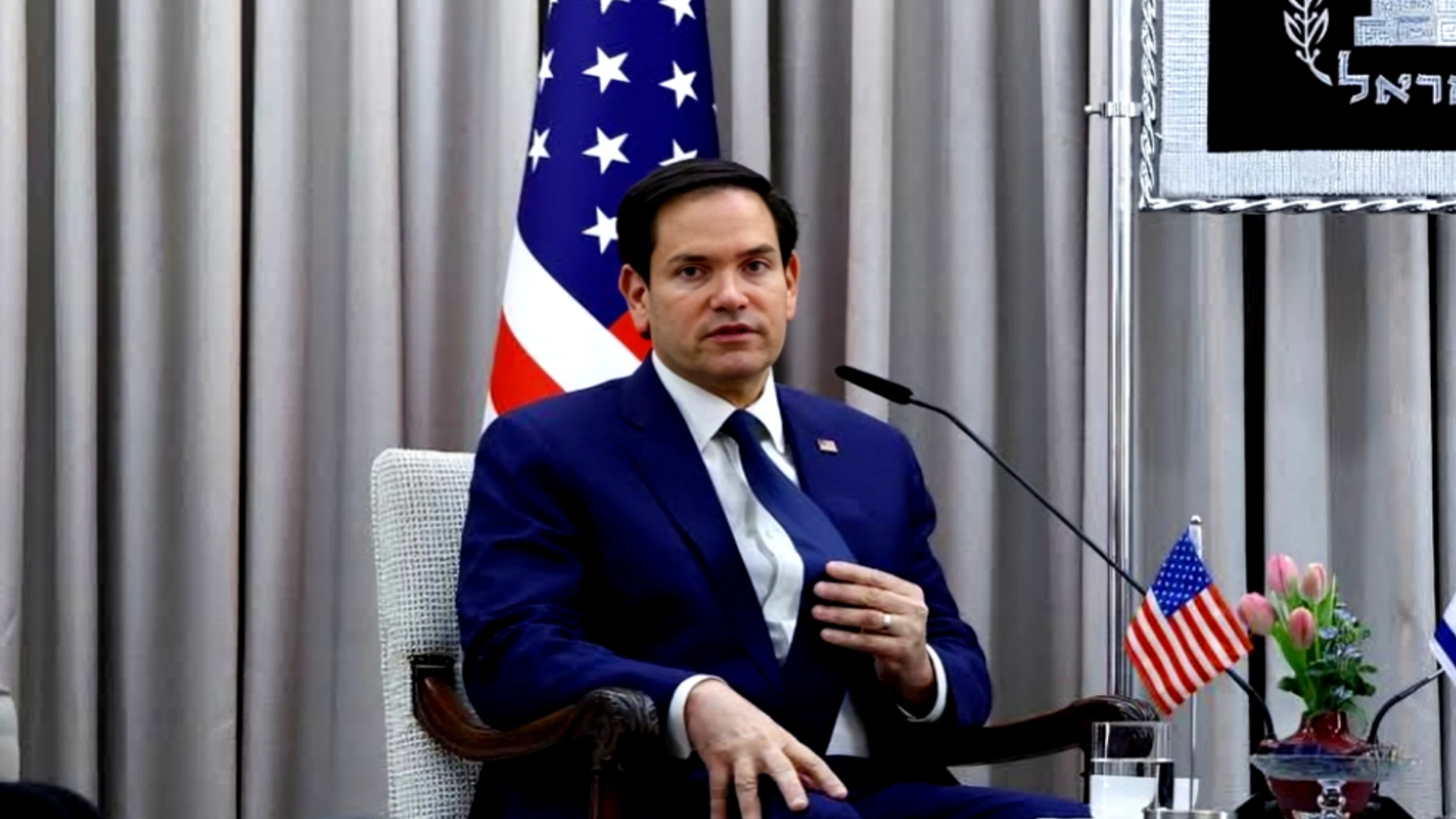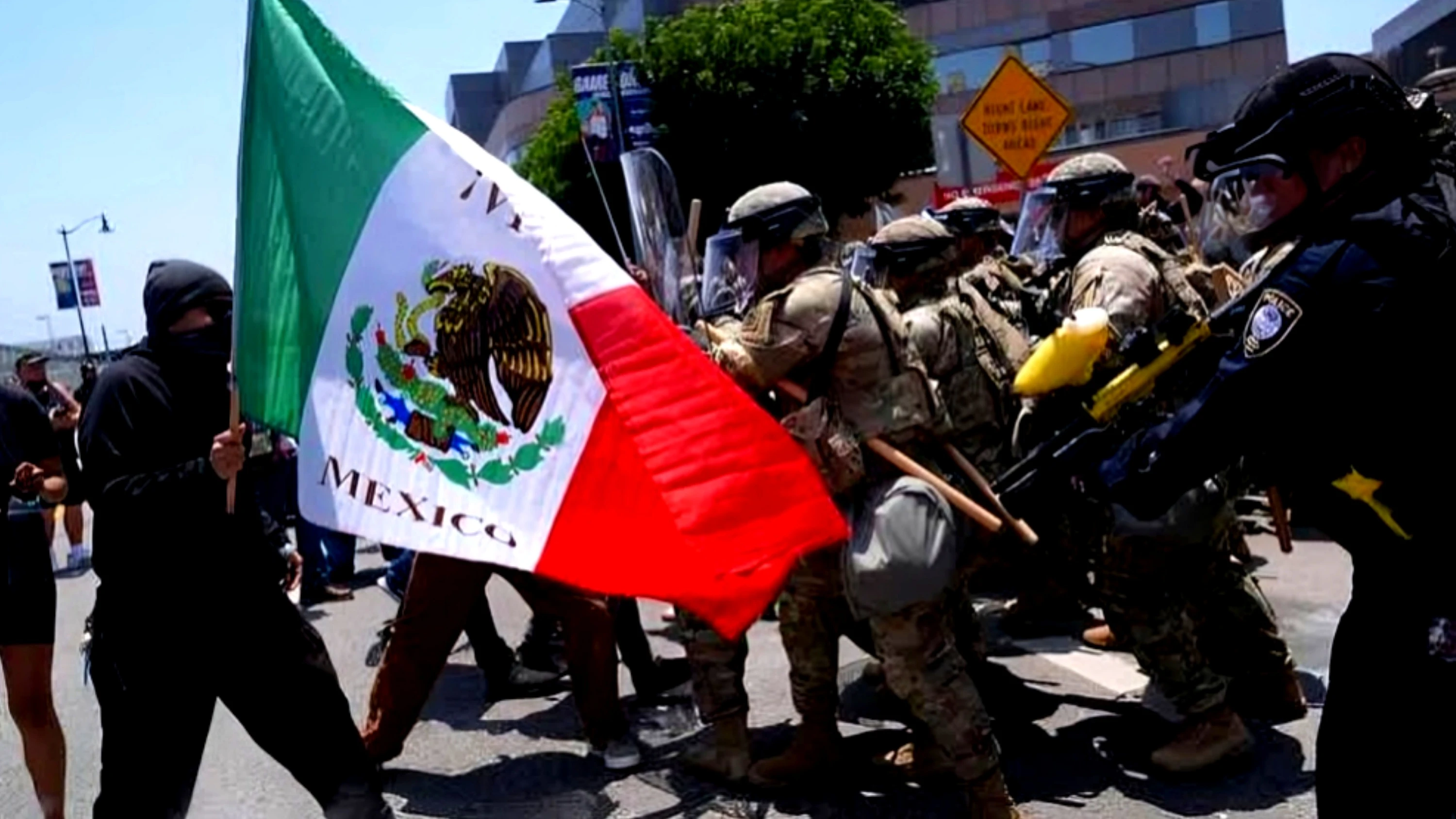Washington: A federal judge has ordered the Trump administration to reinstate the Associated Press’s access to presidential events, ruling that the White House acted unconstitutionally by excluding the news agency due to its editorial choices.
The dispute arose after AP continued to use the term “Gulf of Mexico” instead of the “Gulf of America,” a name reportedly preferred by President Donald Trump following his return to office. As a result, the White House had barred AP journalists and photographers from the Oval Office and from joining the presidential press pool on Air Force One since mid-February.
U.S. District Judge Trevor McFadden, a Trump appointee, found the administration’s actions to be in violation of the First Amendment, which protects freedom of the press. In his decision, McFadden emphasized that the government cannot selectively grant or deny press access based on a journalist’s viewpoint.
"If the administration allows some reporters into events, it cannot exclude others just because it disagrees with their editorial standards," McFadden wrote, referencing the AP's adherence to long-standing geographic terminology.
The judge also acknowledged the financial impact on the AP, noting the agency had suffered both economically and in terms of competitive positioning due to the ban. He ordered the White House to restore AP’s access within five days, pending any appeal.
The AP welcomed the decision. “This is a win for press freedom and for the public’s right to know,” said spokeswoman Lauren Easton. She reaffirmed the AP’s commitment to accurate and globally recognizable reporting standards.
The White House Correspondents' Association also supported the ruling, criticizing the administration’s move to sideline mainstream media in favor of conservative influencers and new rotating access rules that had excluded AP.
The AP, a cornerstone of U.S. journalism for over 180 years, filed the lawsuit to challenge what it called “retaliation” for maintaining journalistic integrity. The court’s ruling marks a significant pushback against attempts to control media coverage through access restrictions.








